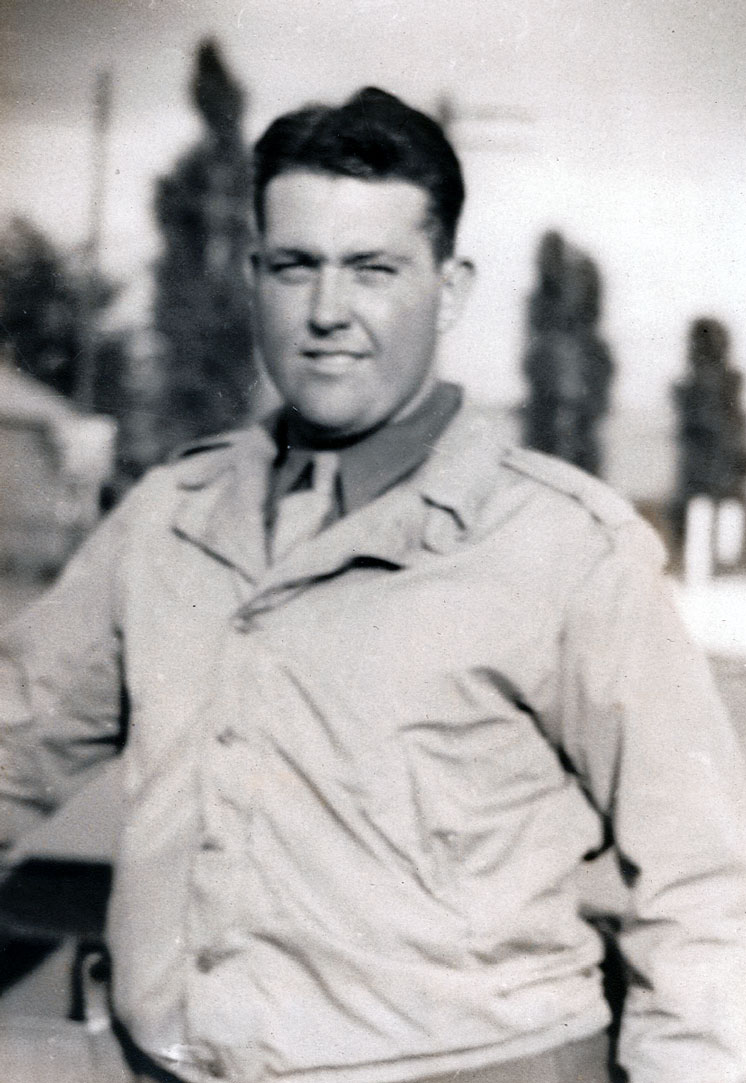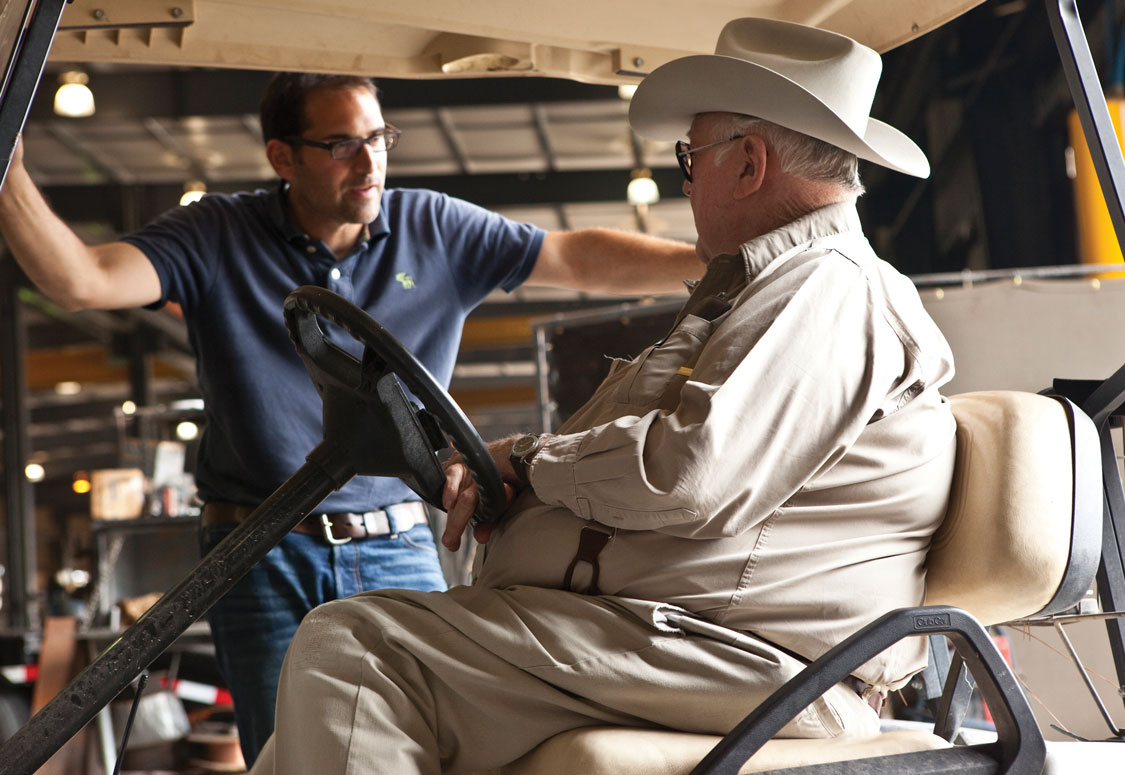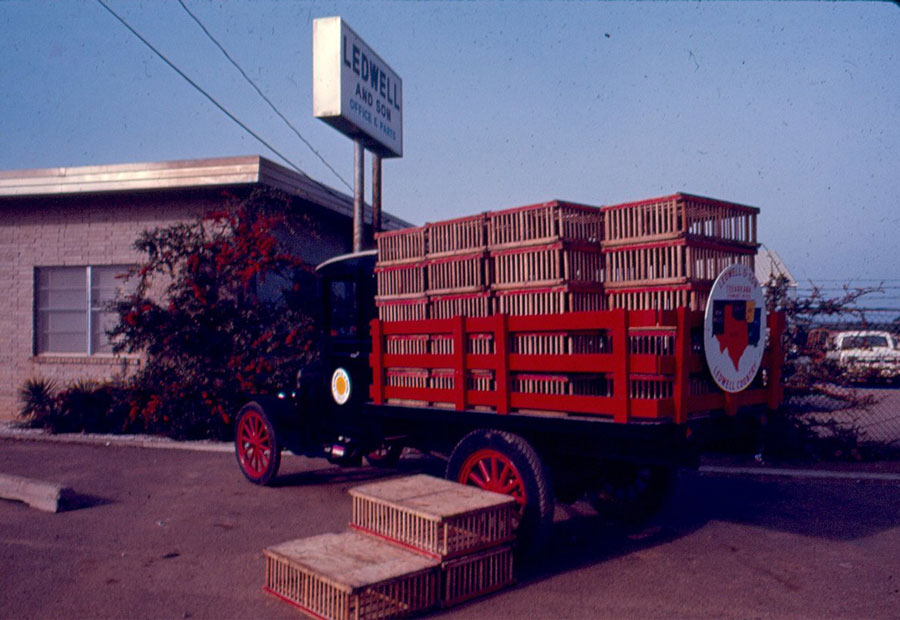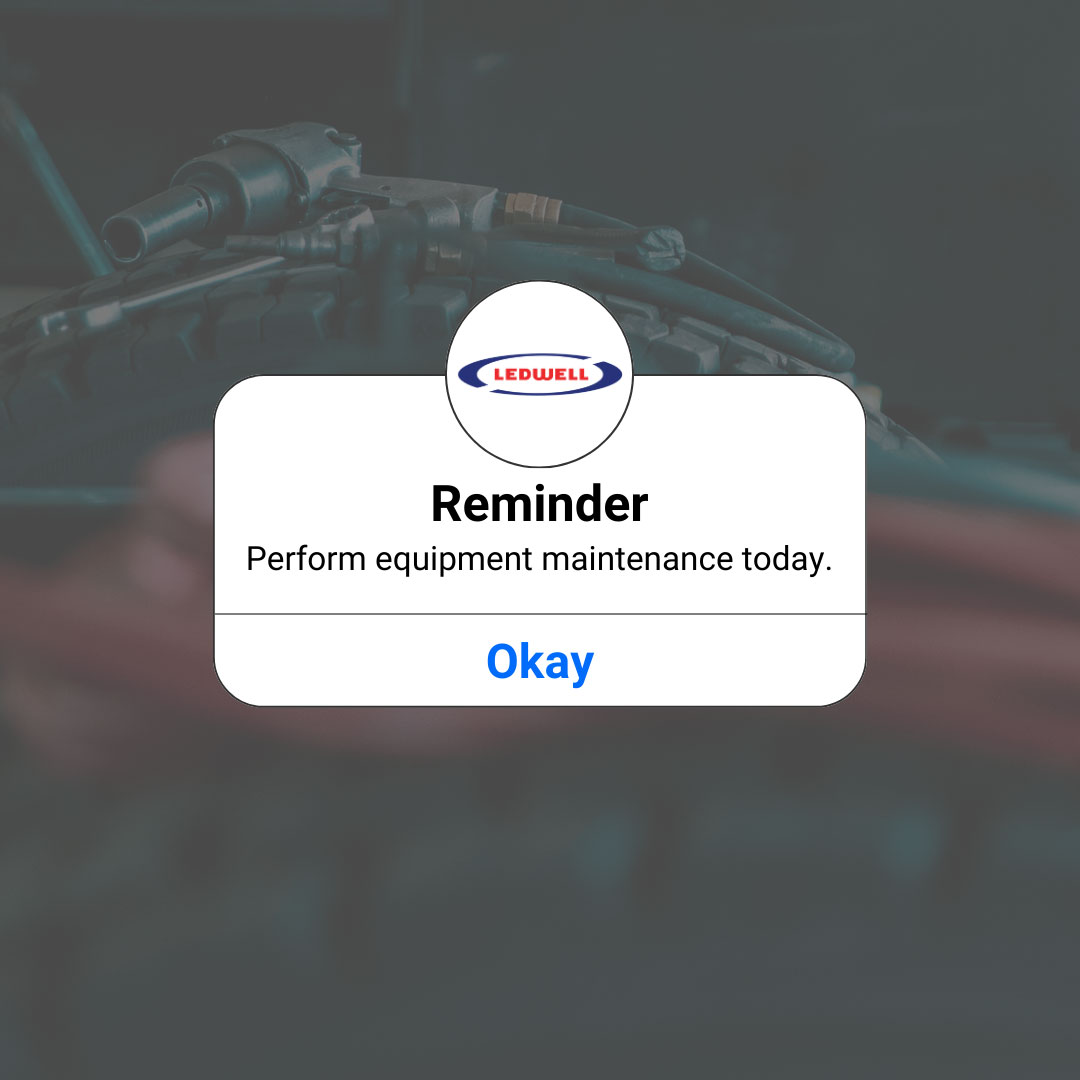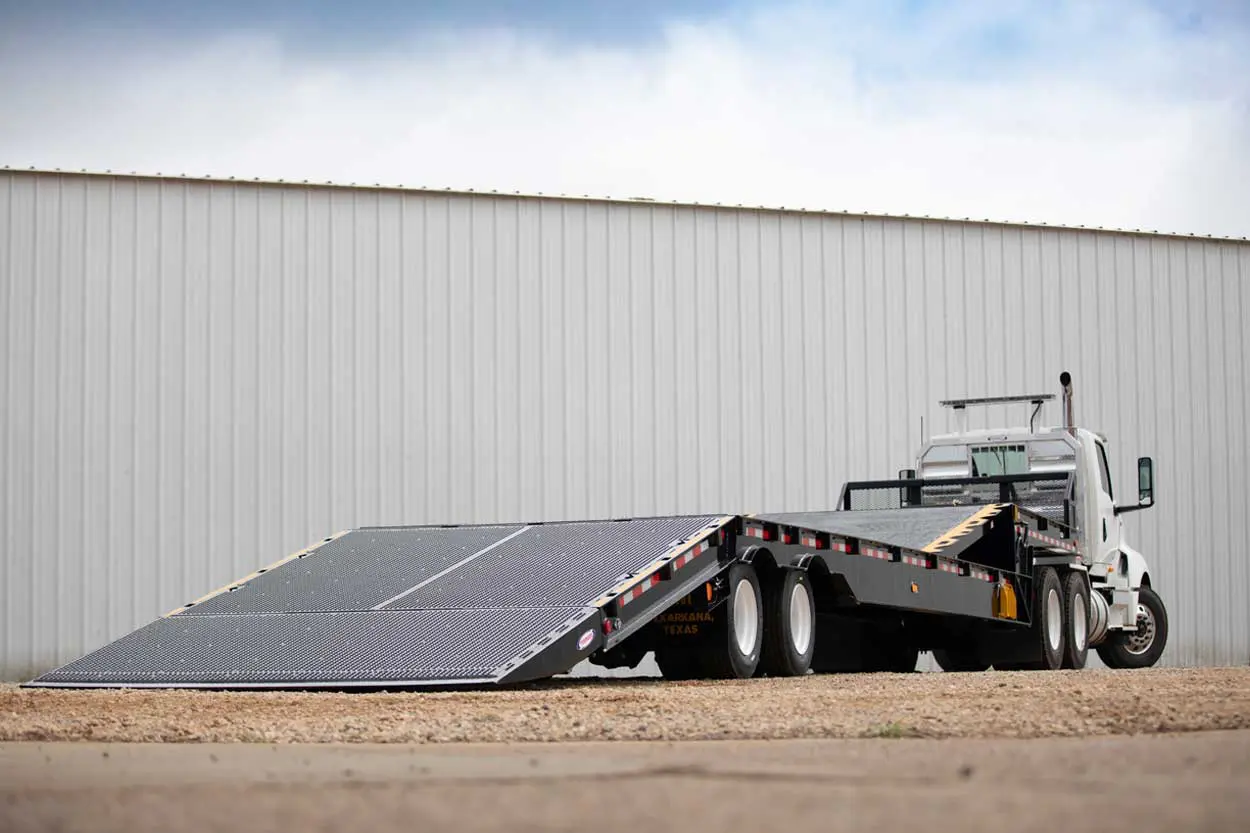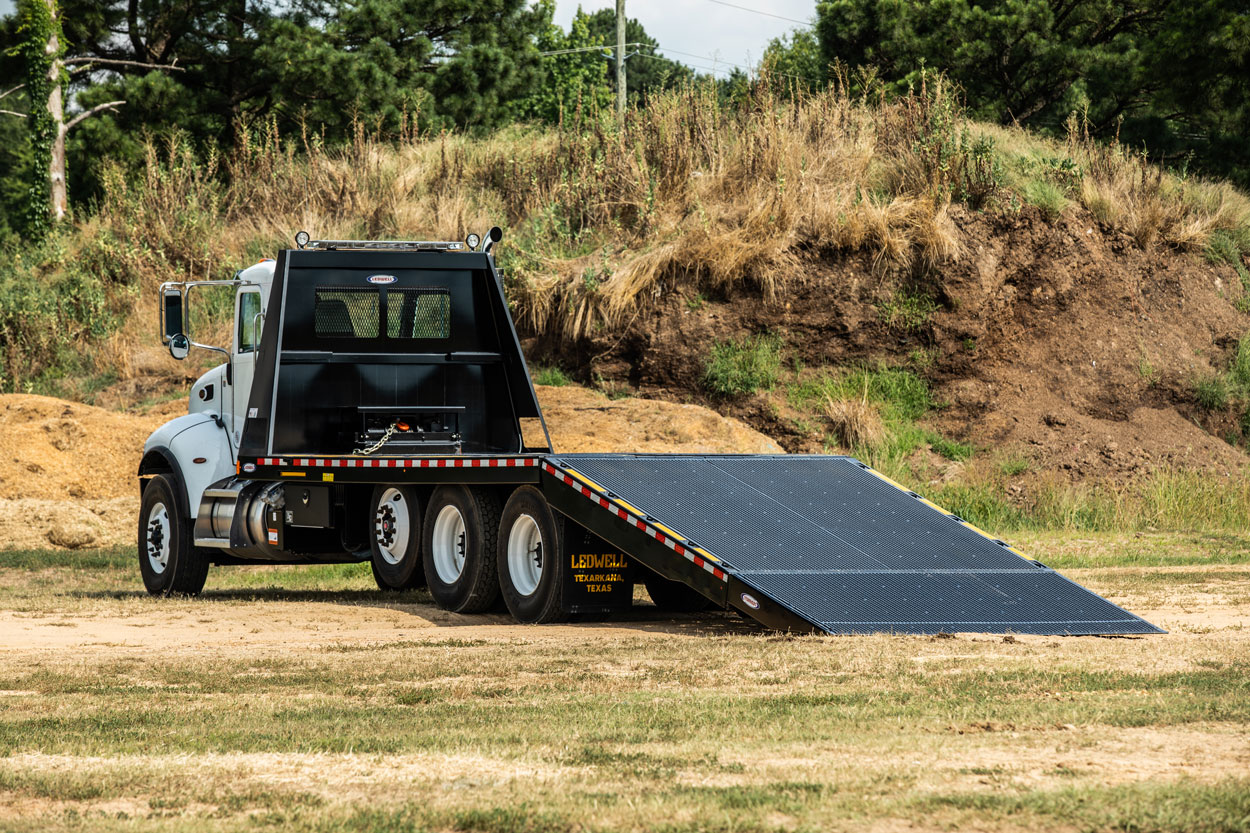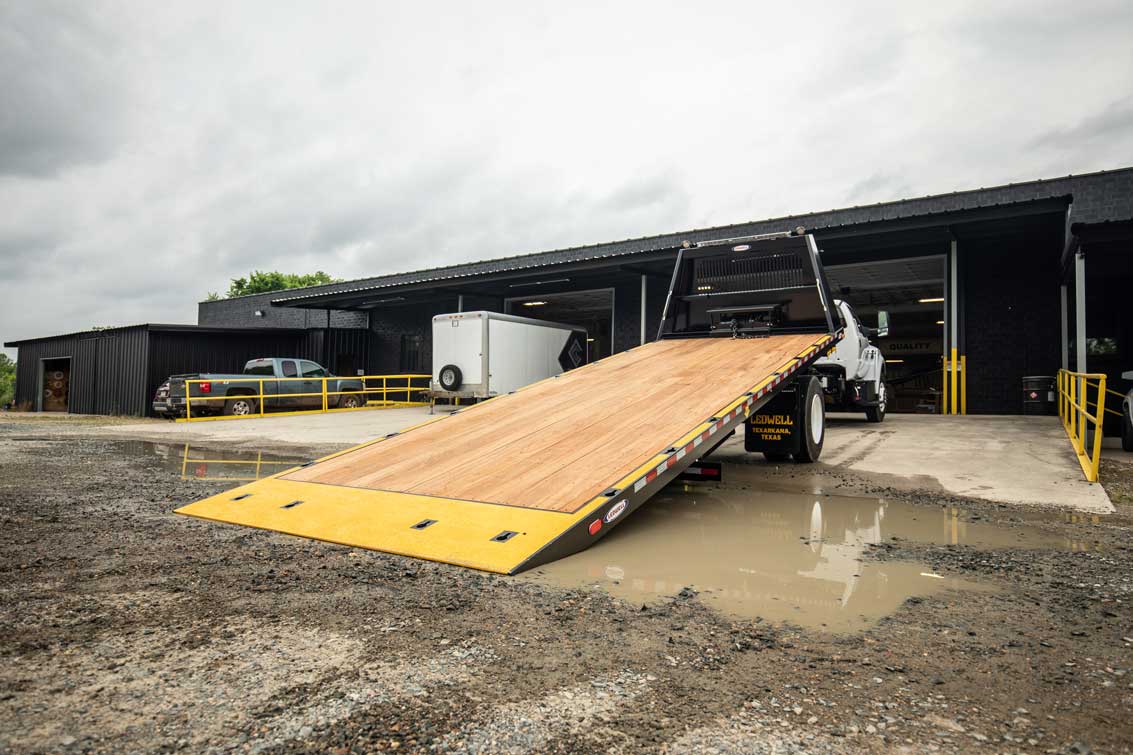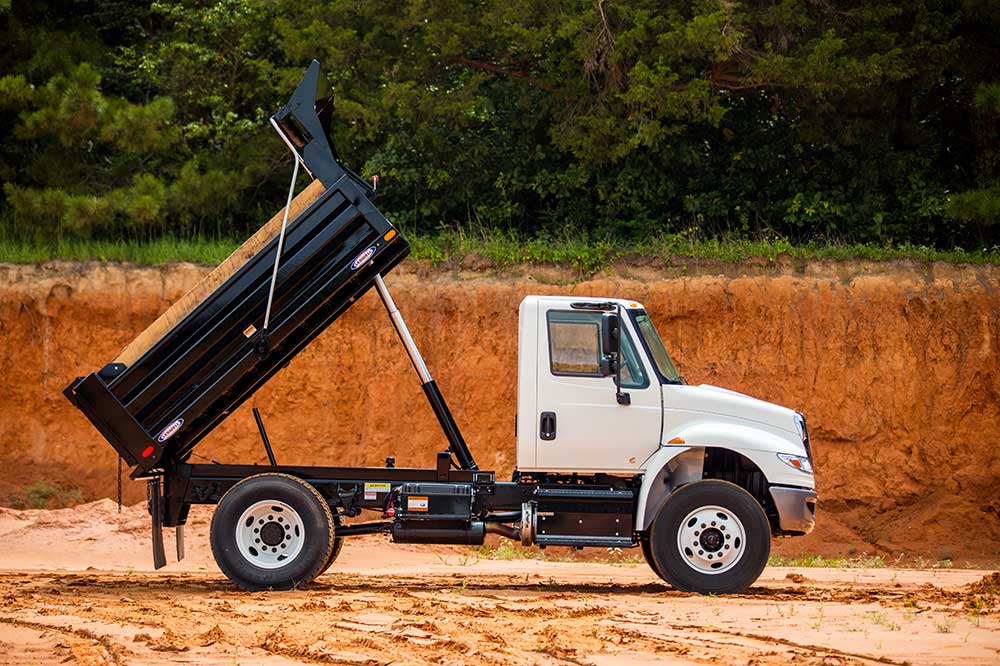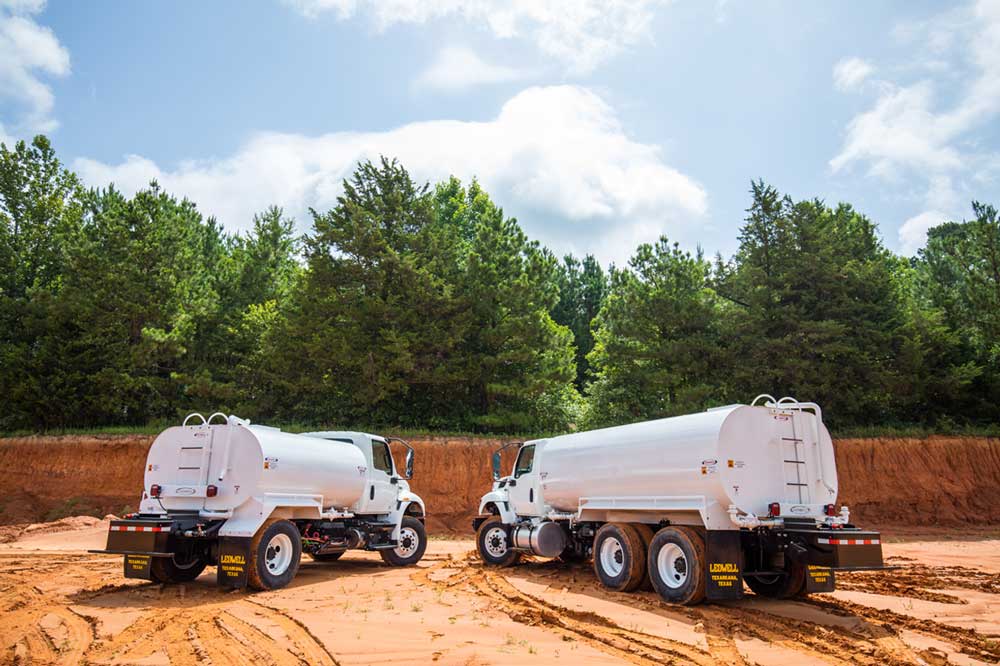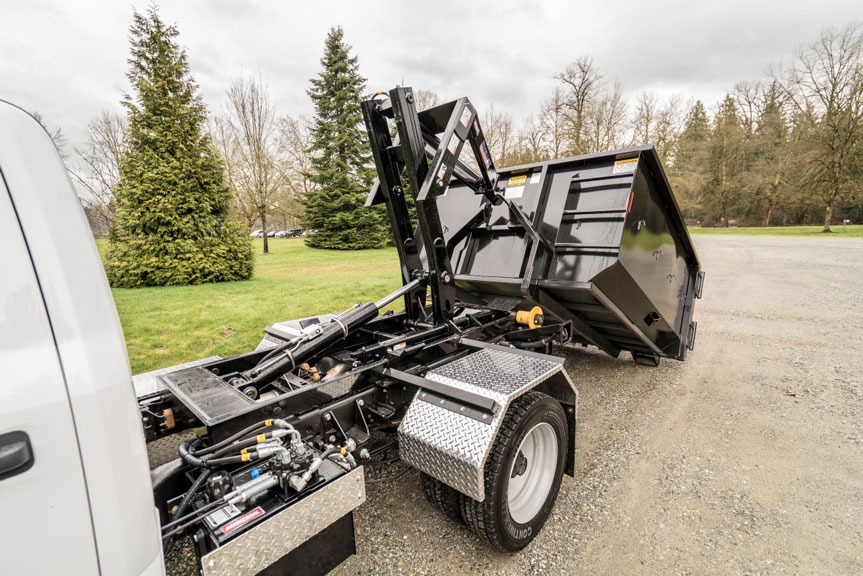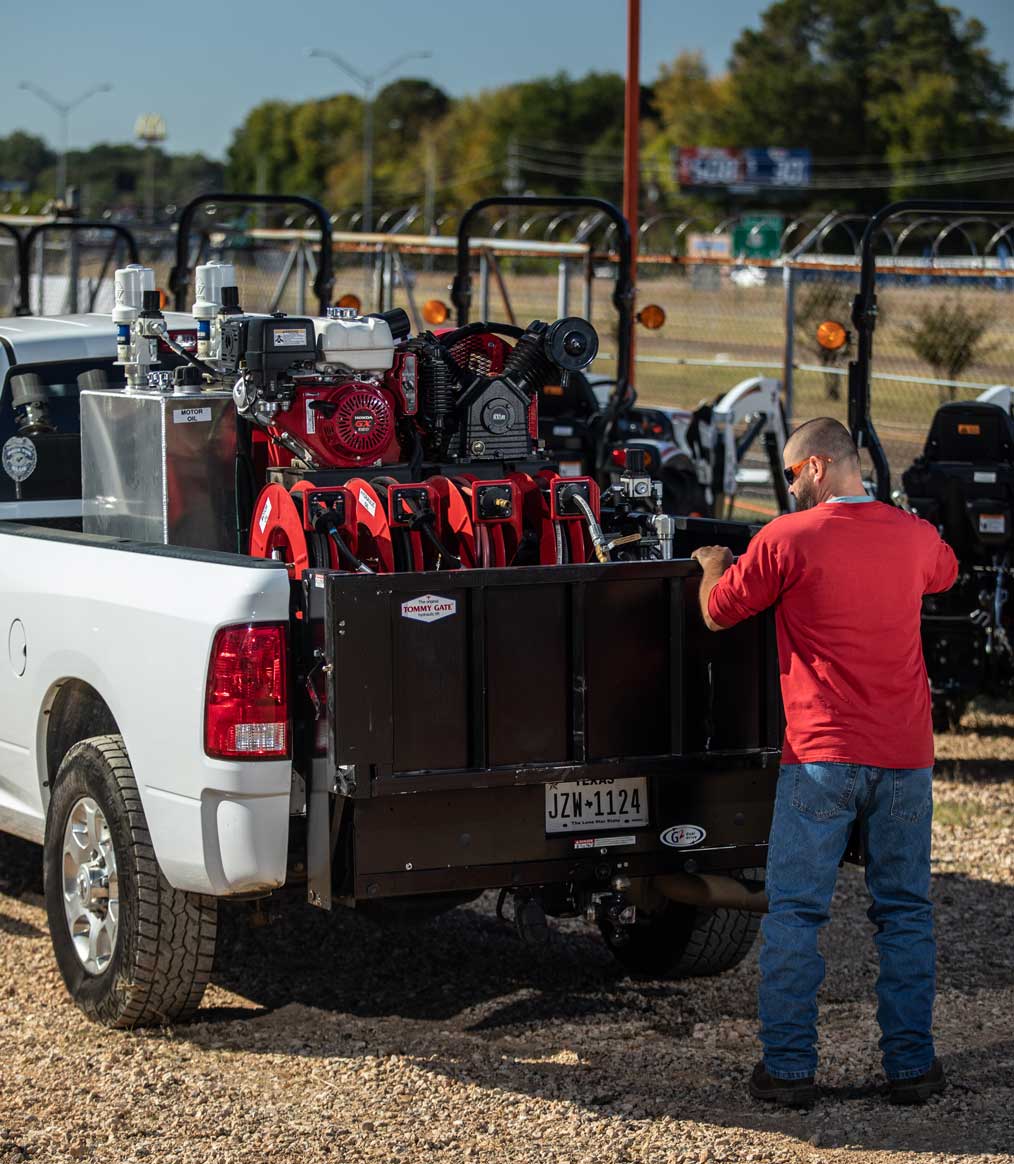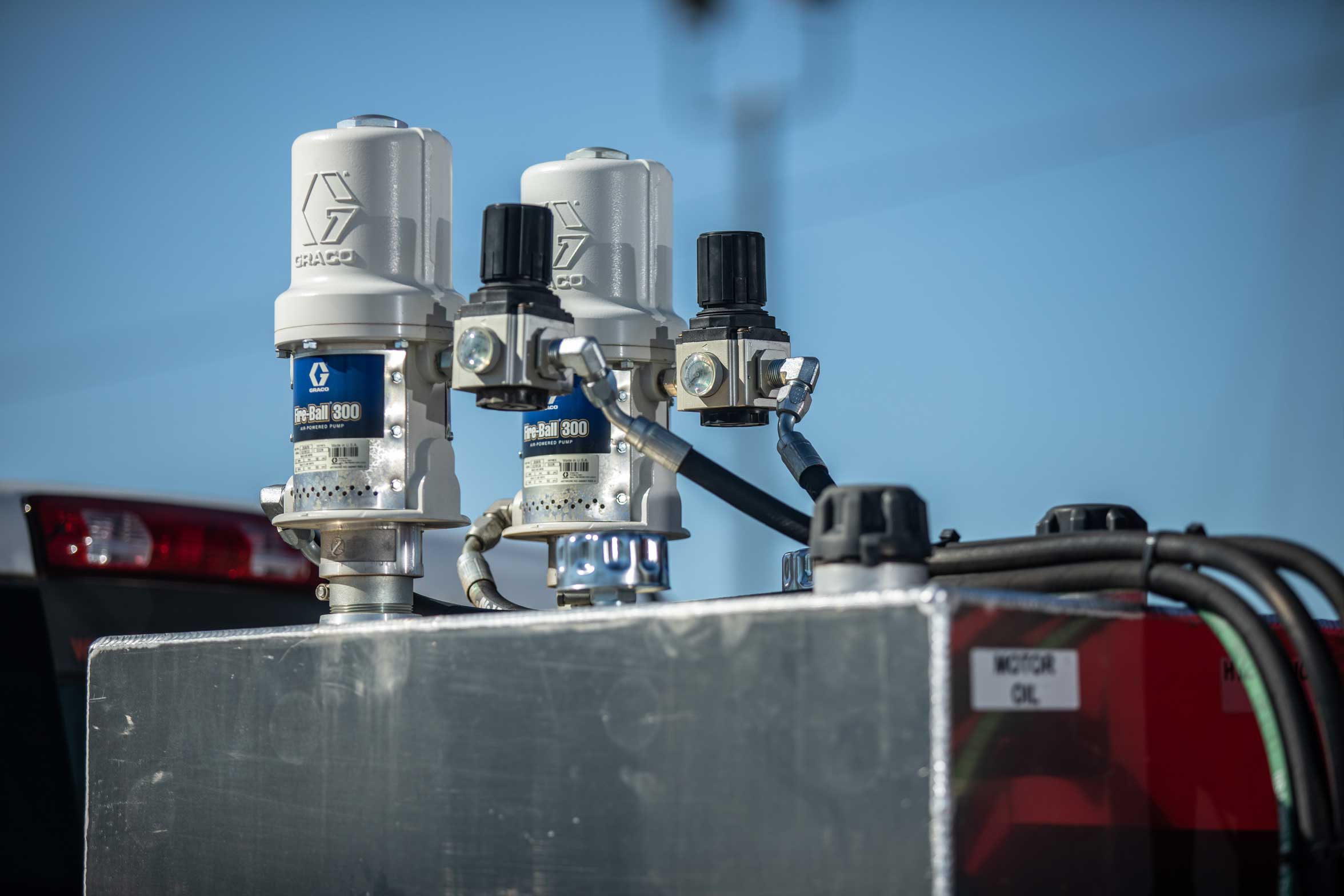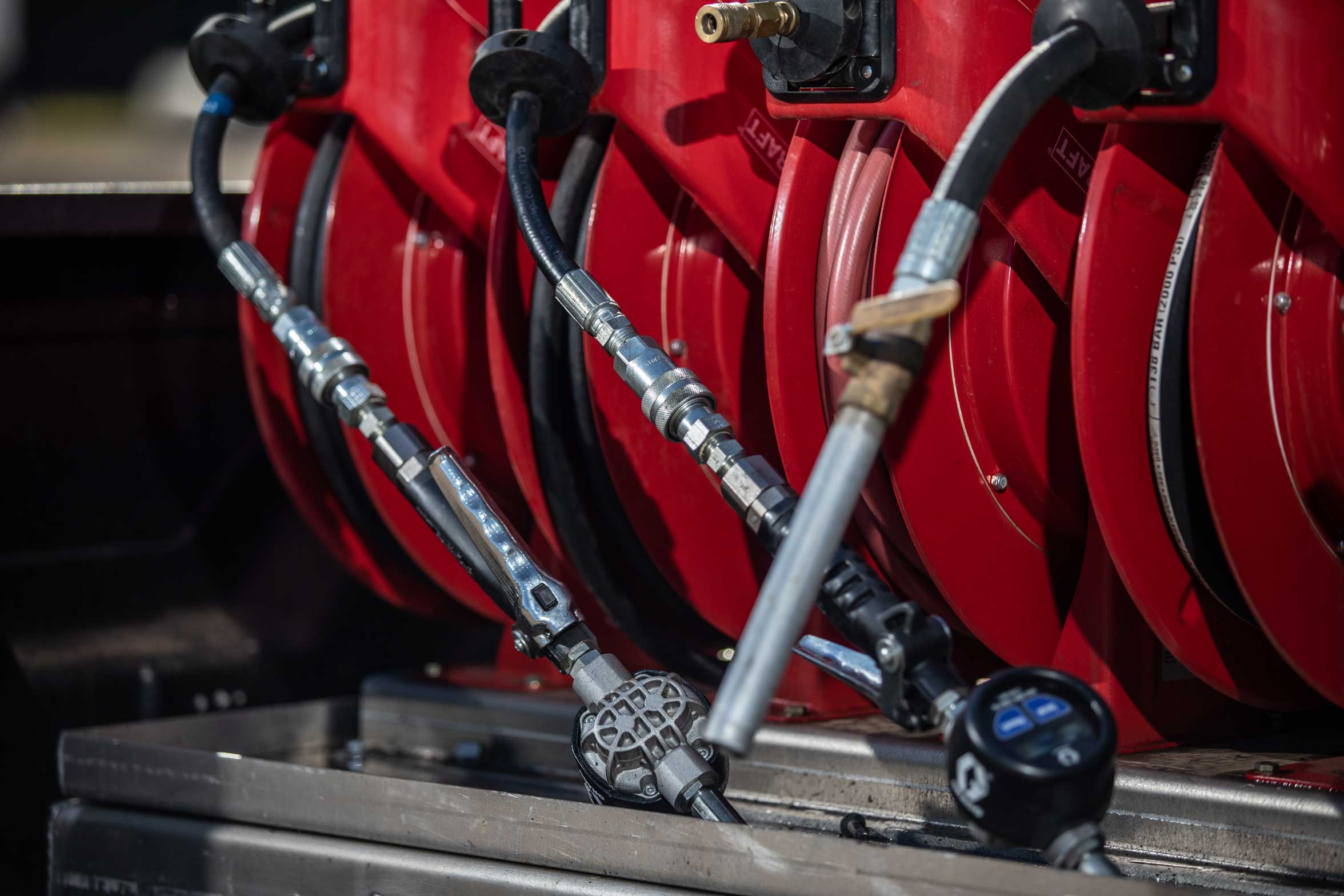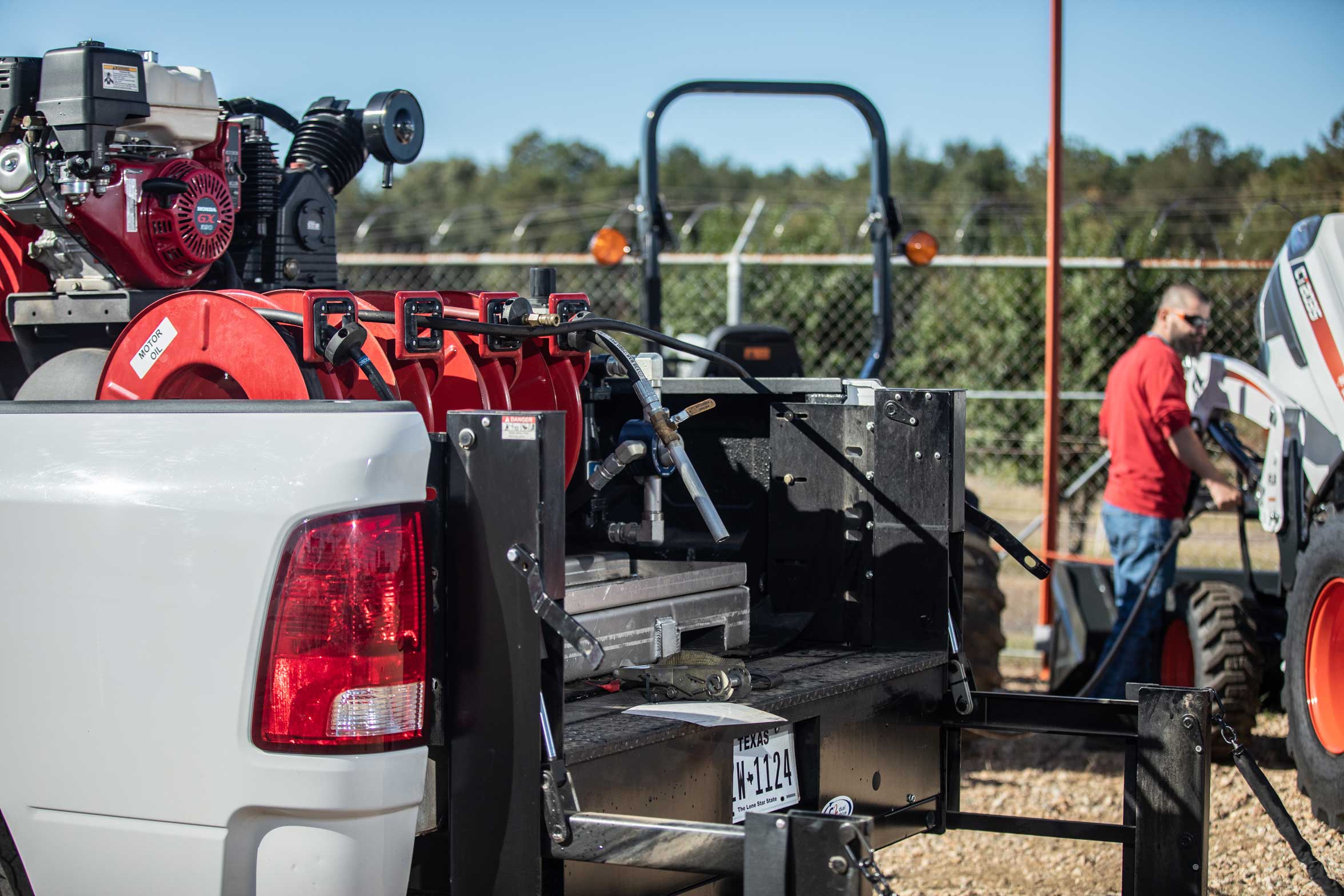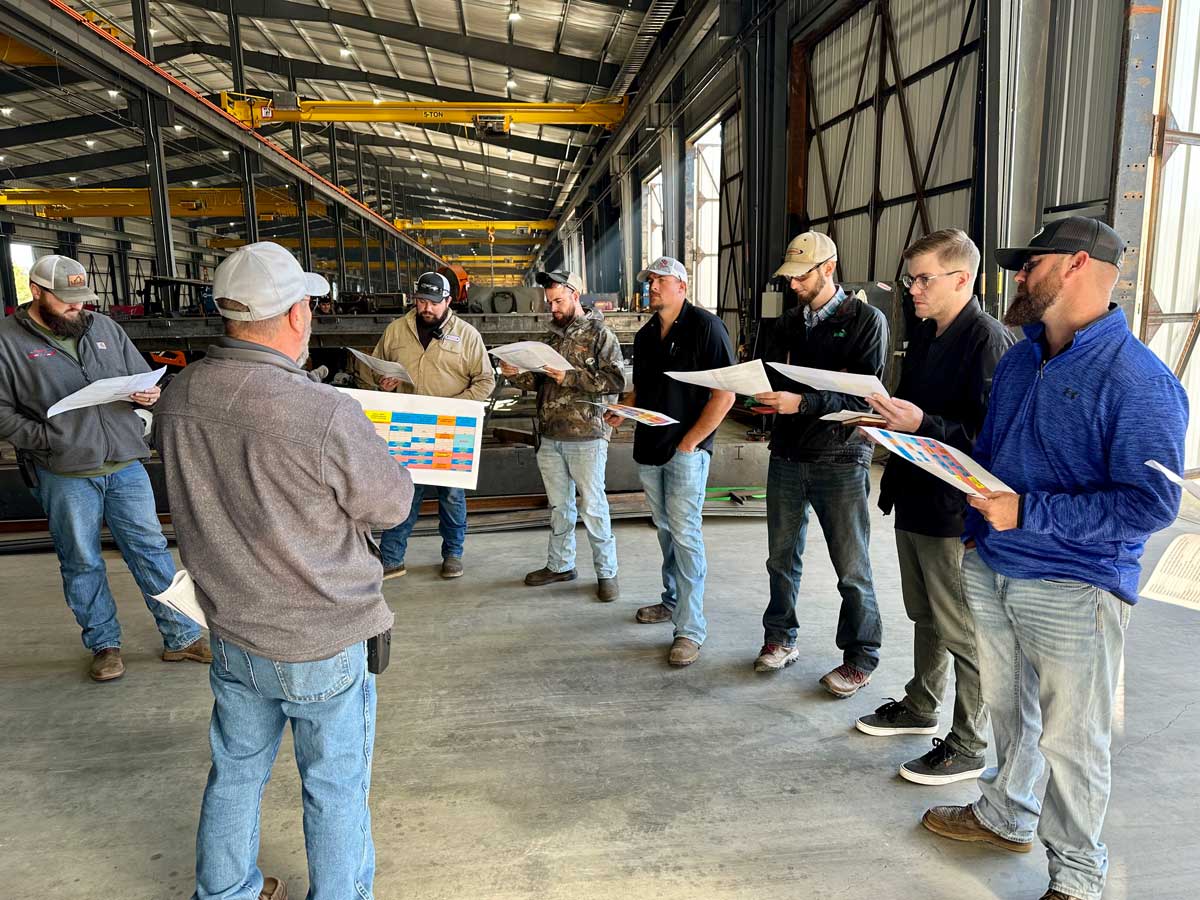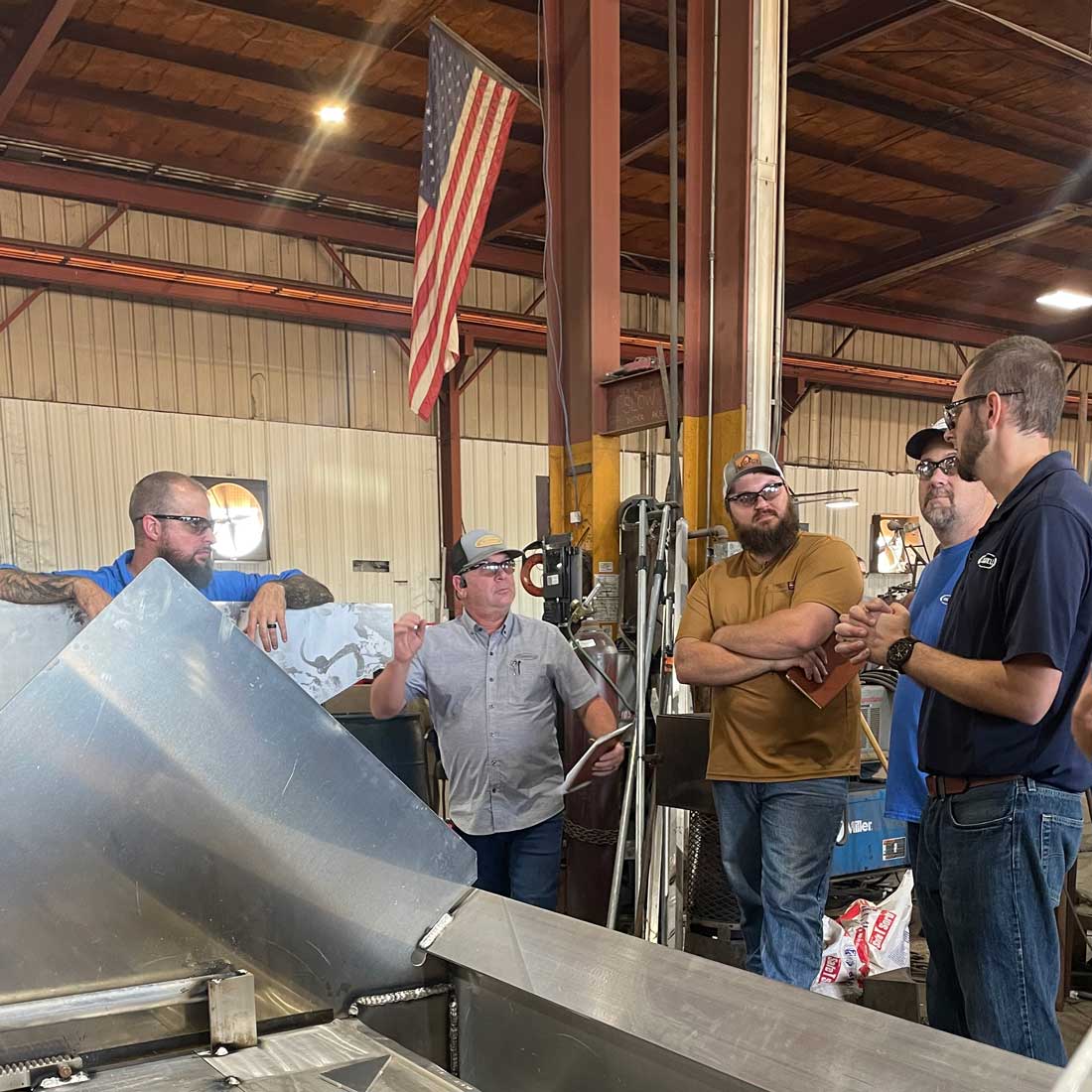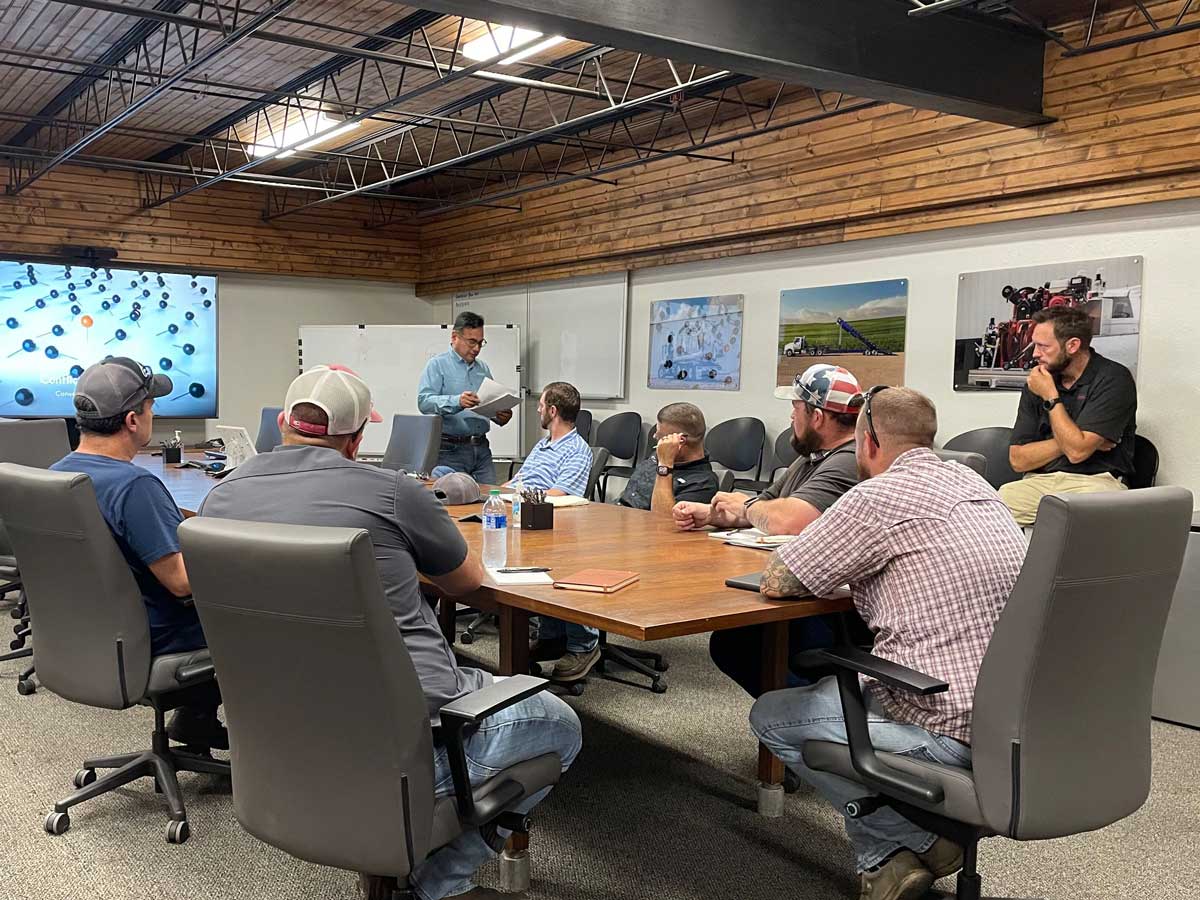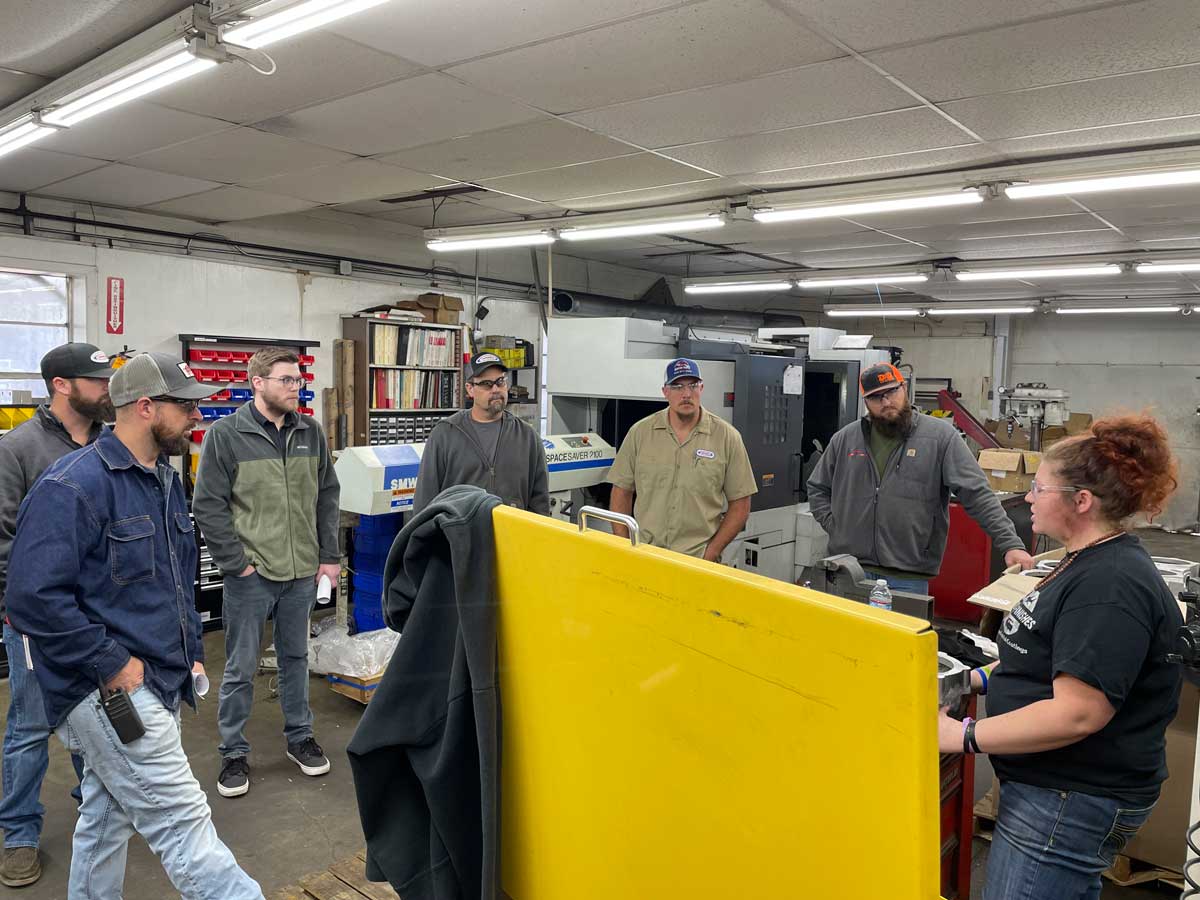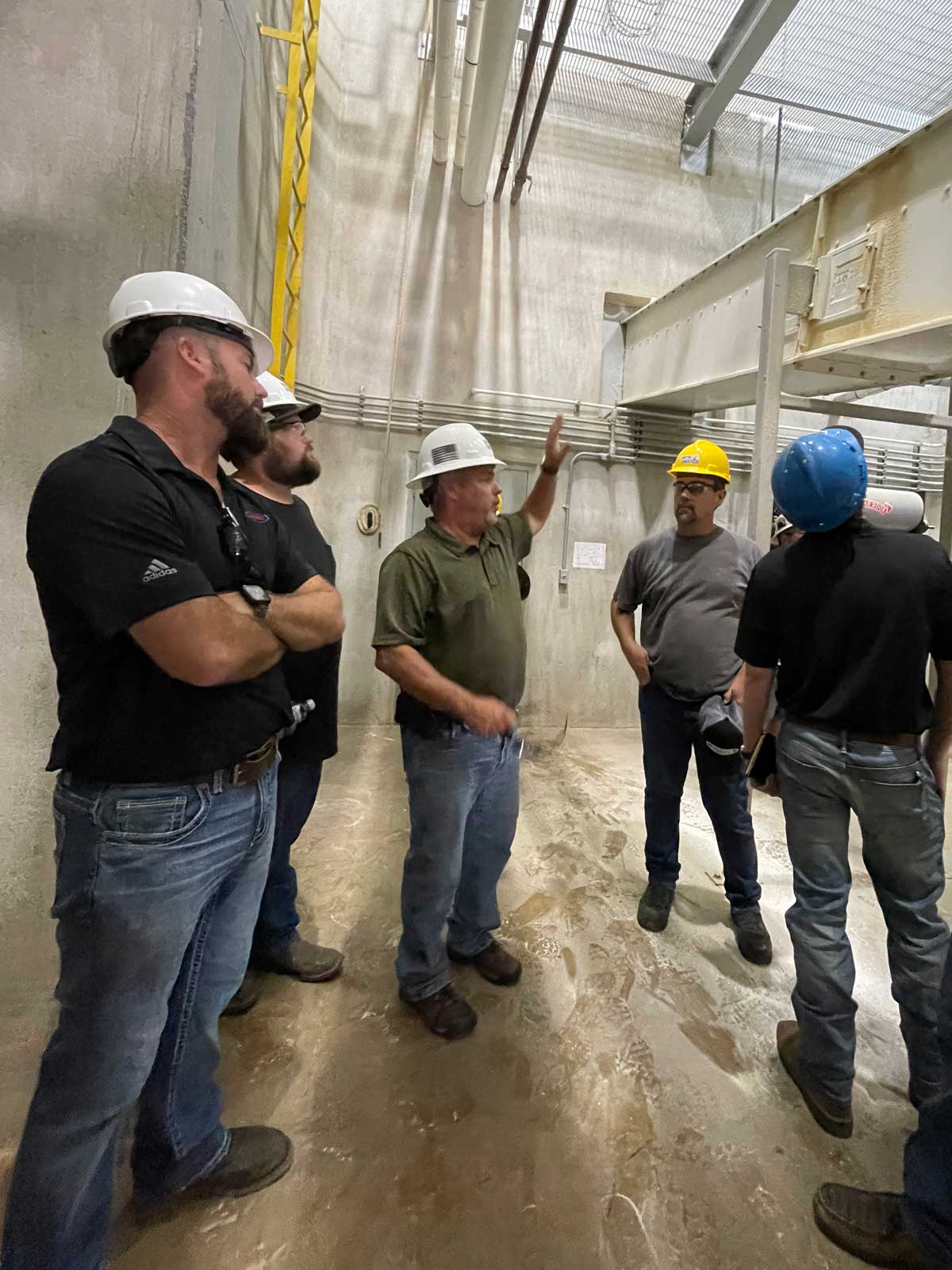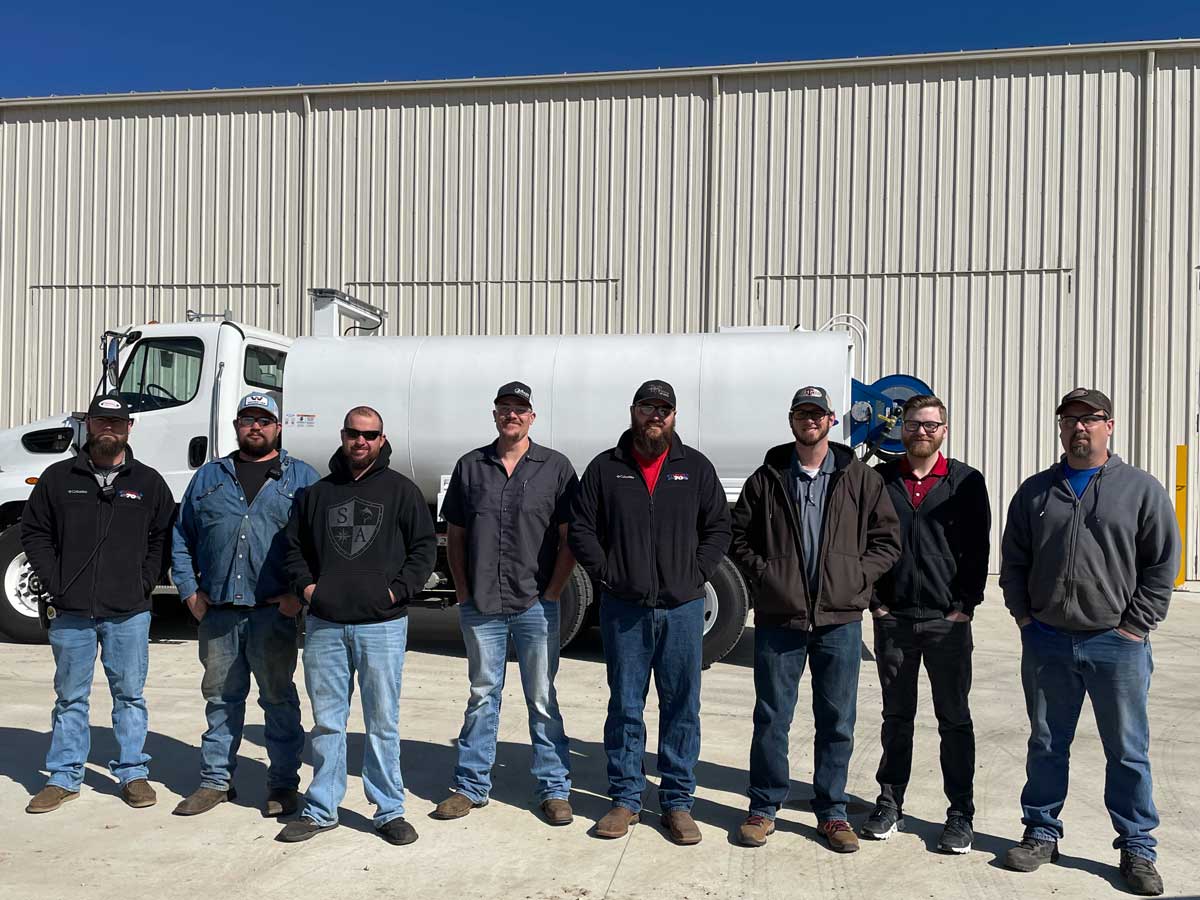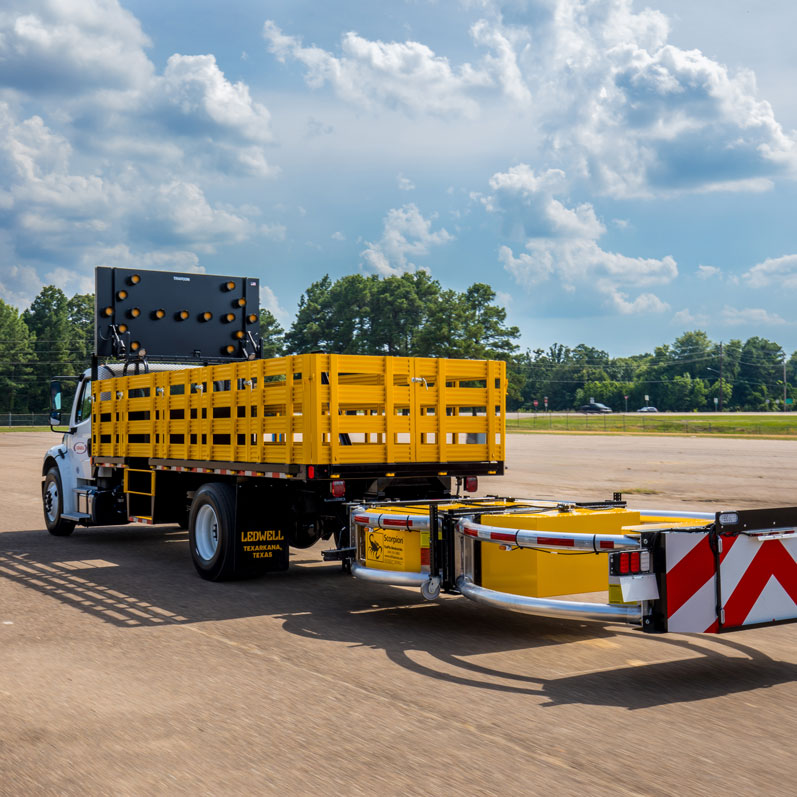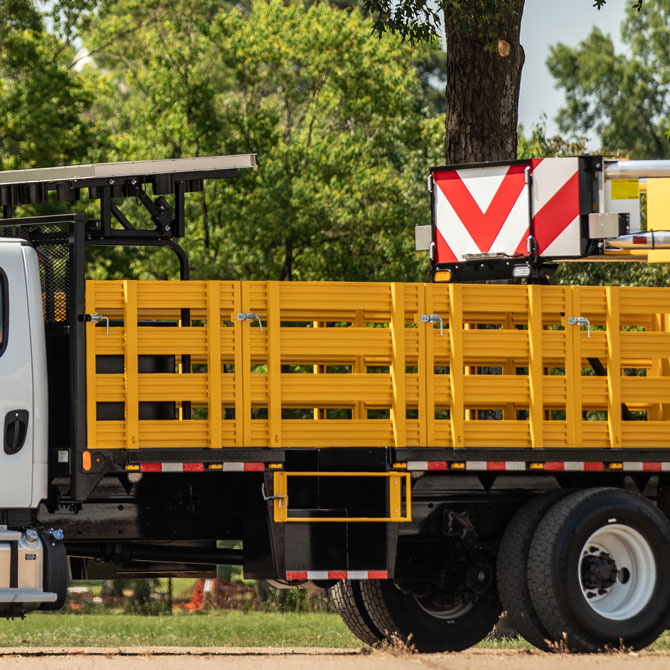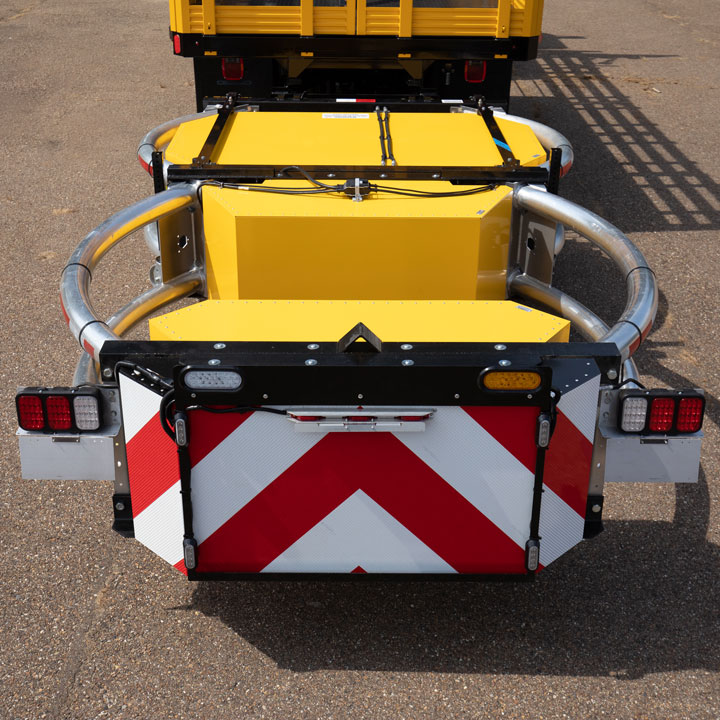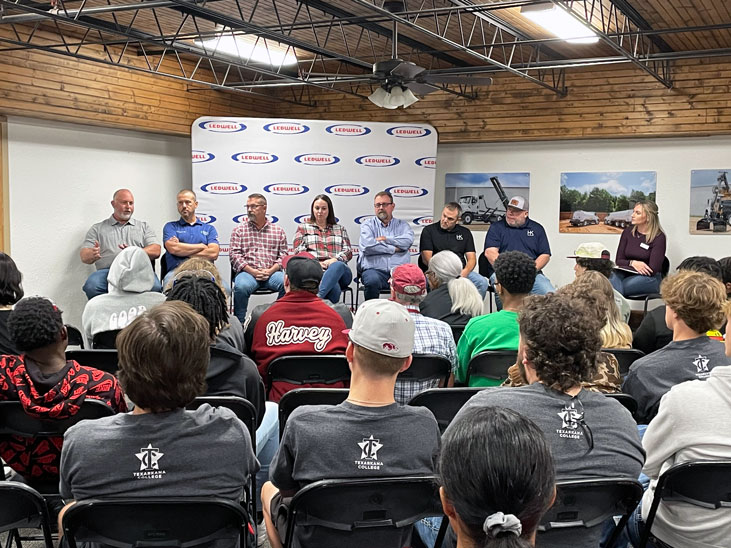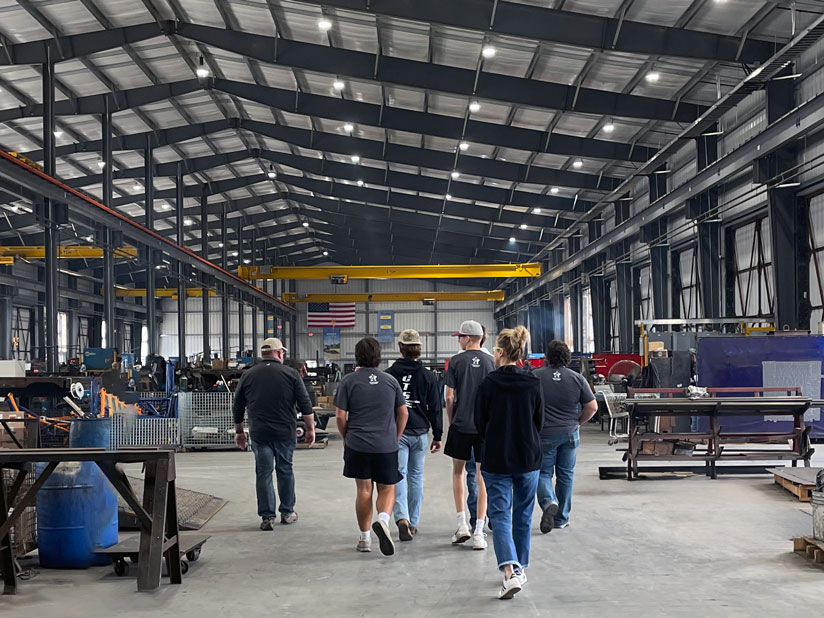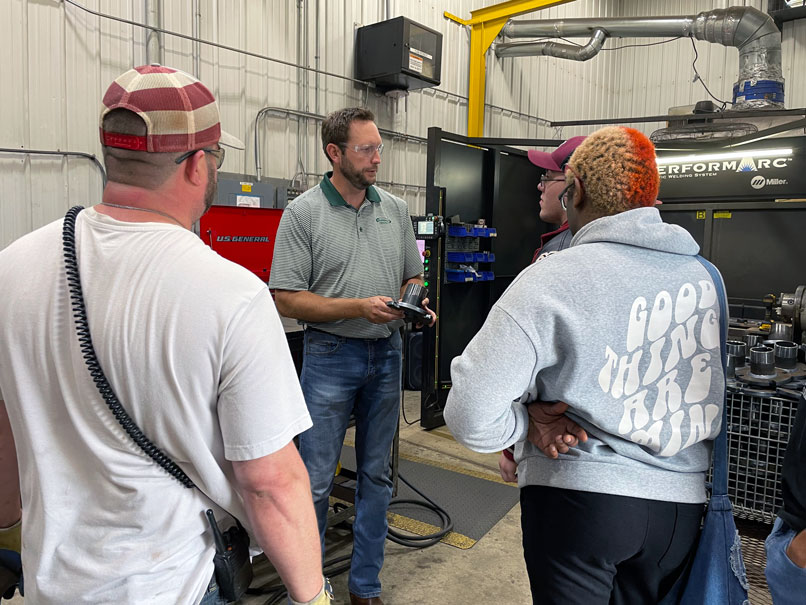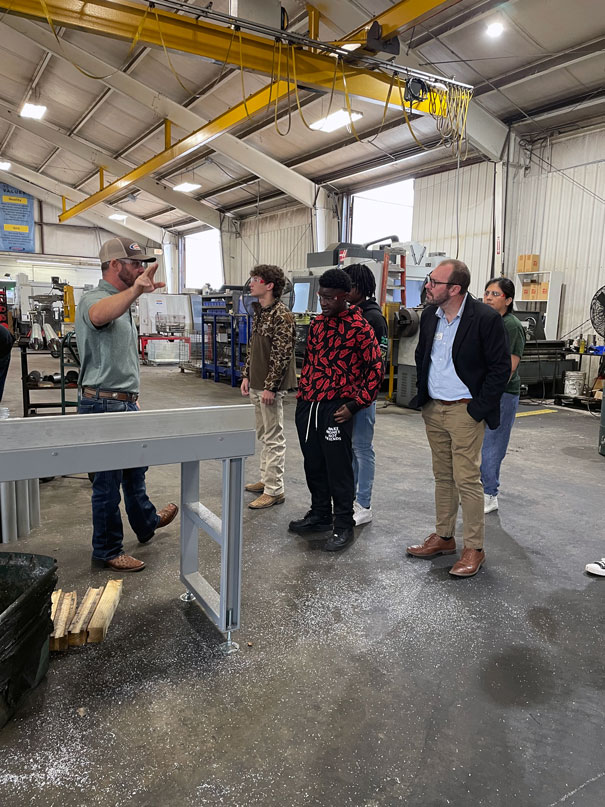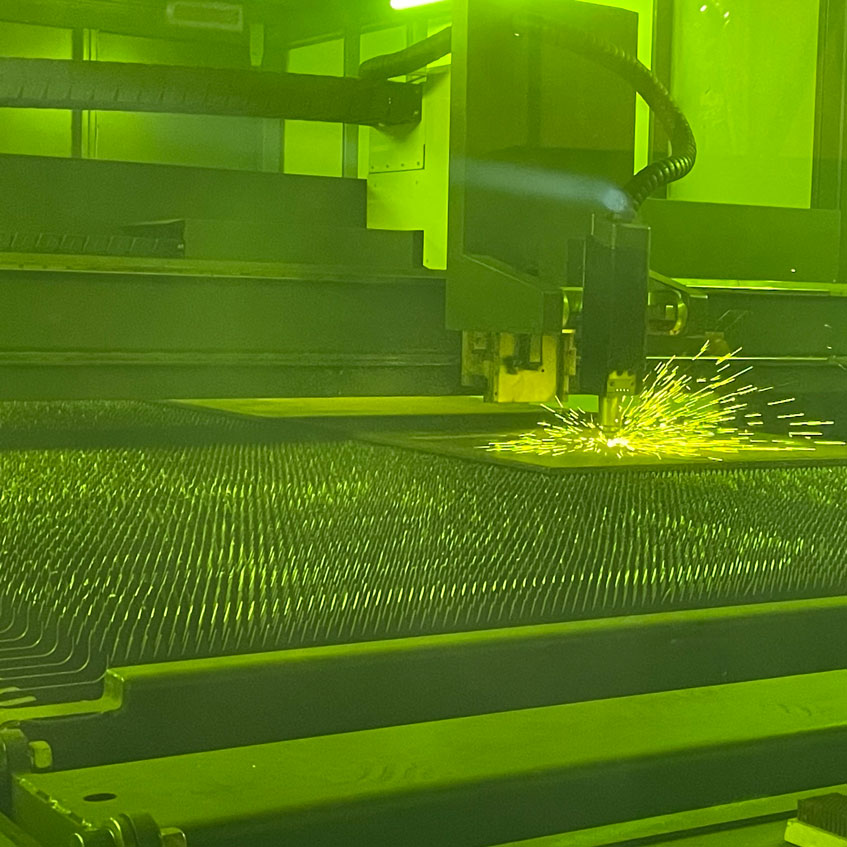
Ledwell is excited to announce the integration of a state-of-the-art Messer Laser into production, which will revolutionize cutting processes with unparalleled precision and efficiency.
Michael Applebaum, who operates the new laser, highlights its remarkable impact on cut quality across various materials.
“It has improved cut quality tremendously on many different materials,” he says.
The laser easily handles different thicknesses, using nitrogen for clean, fast cuts on thinner materials up to 3/8 inch and oxygen for slower, precise cuts on thicker materials.
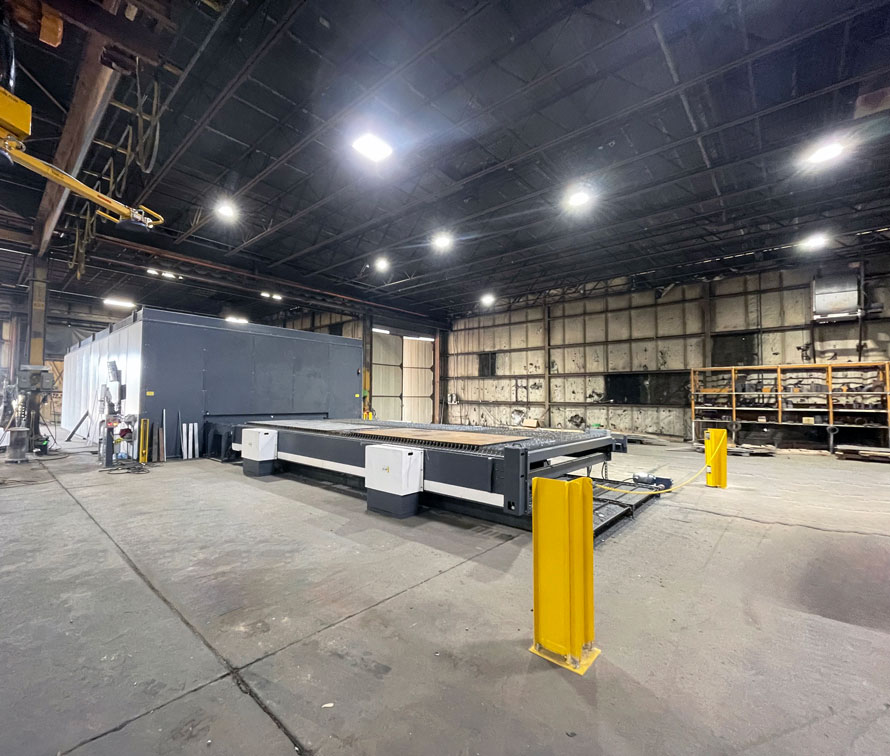
The shuttle table system is a standout feature, which significantly improves workflow efficiency. “You can load sheets and shuttle it out on a different table,” says Applebaum.
This feature streamlines the cutting process, minimizing downtime. The laser’s controller system enhances precision and ease of use, allowing operators to set up and cut quickly. Its ability to cut 14 gauge steel at 1500 inches per minute and 3/8-inch steel at 110 inches per minute showcases its speed and capability.
The integration of the Messer Laser is a testament to the company’s dedication to providing top-quality products and services. Ledwell is leveraging this advanced technology to serve our customers better and enhance our production processes.





